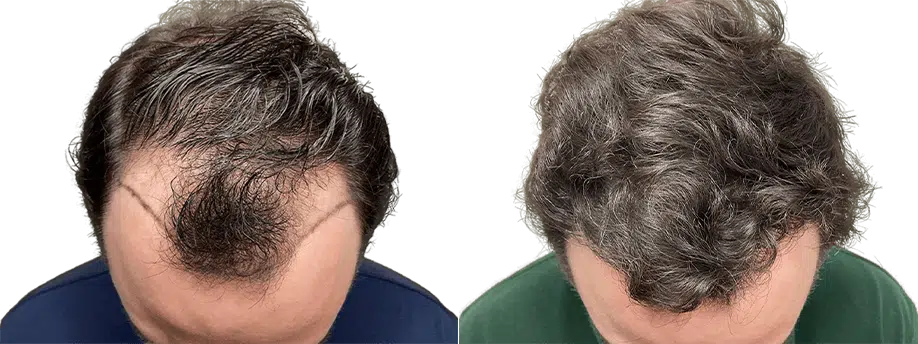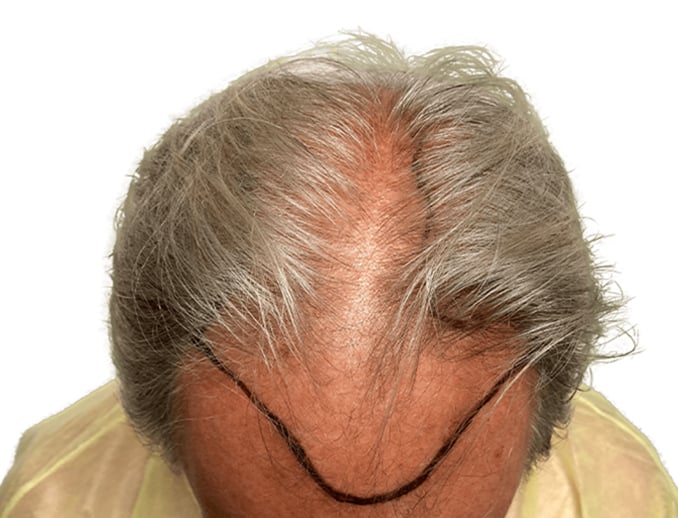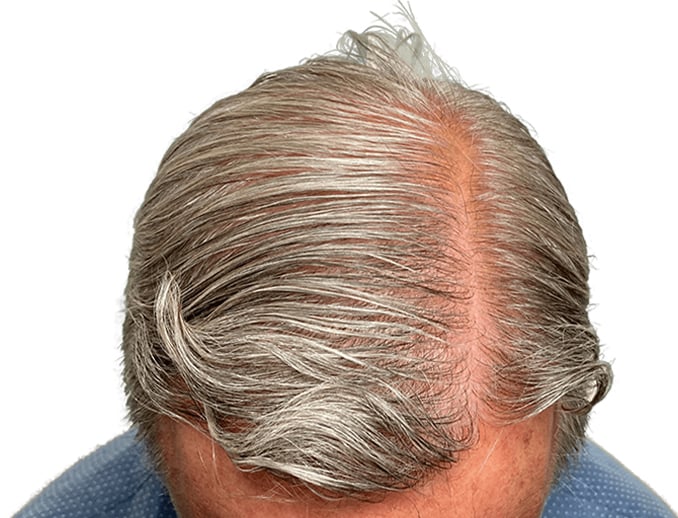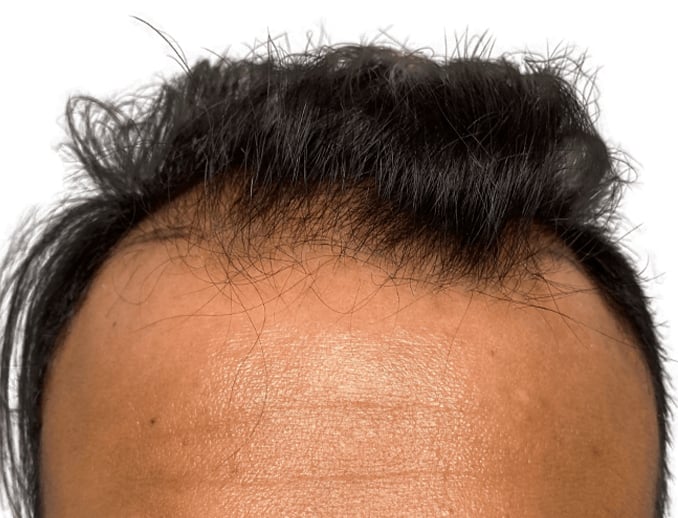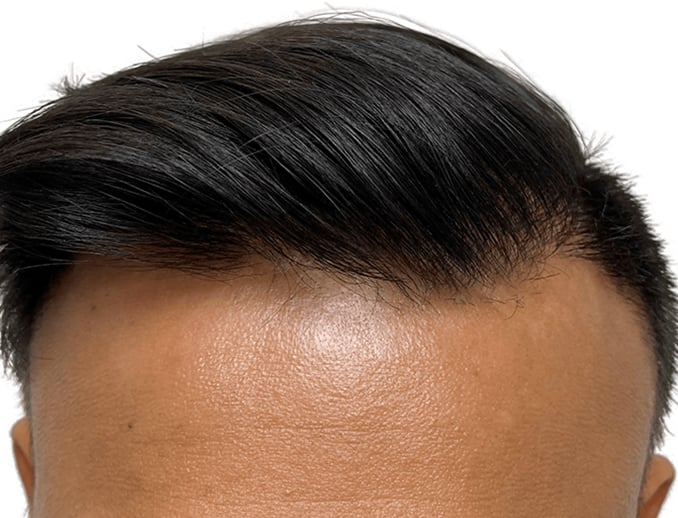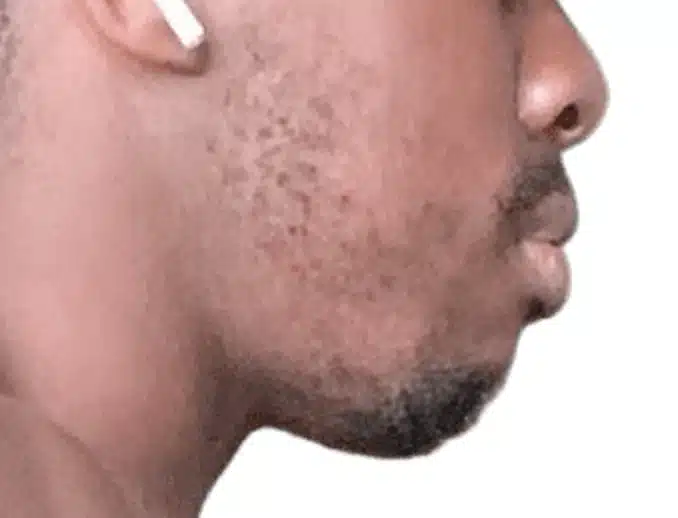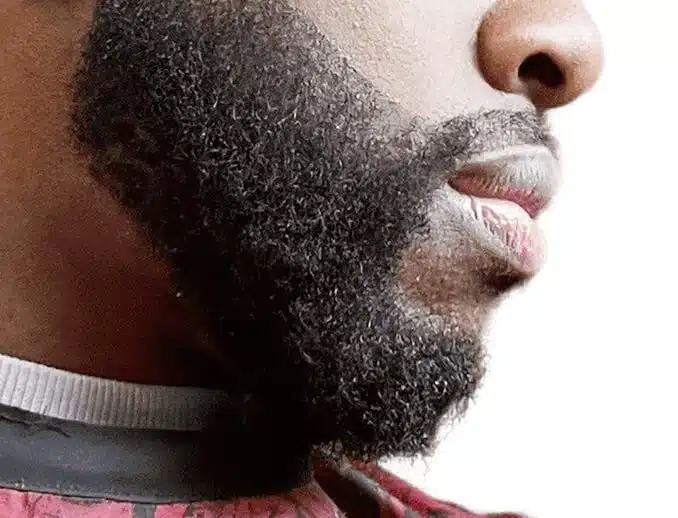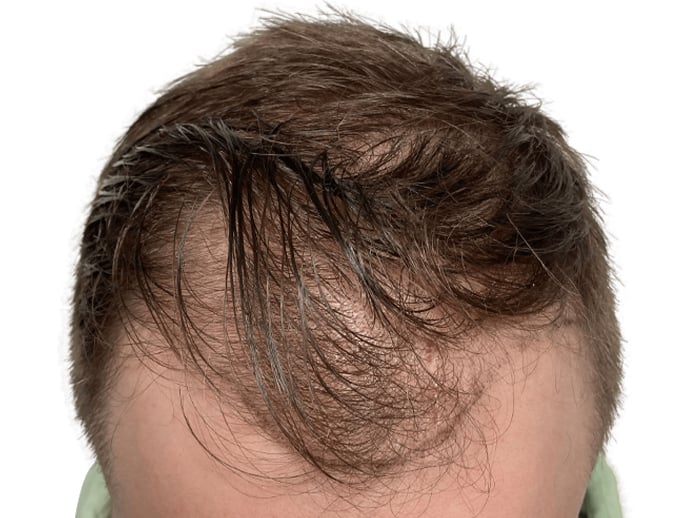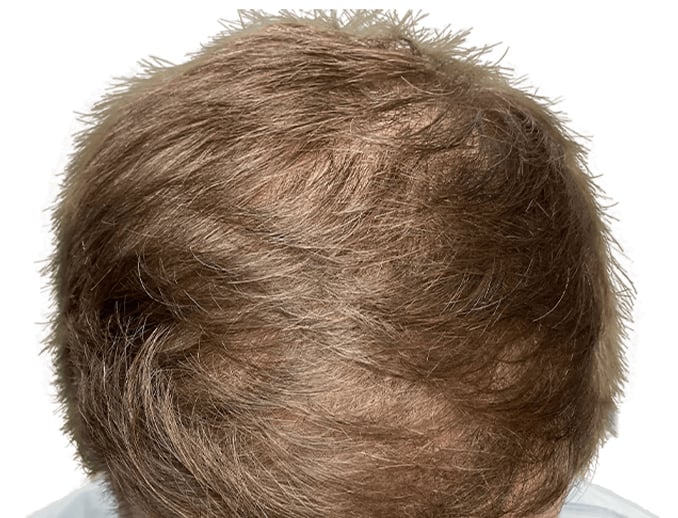Understanding Hair Loss in Springfield, VA
Hair loss is a distressing issue that affects both men and women of all ages in Springfield. There are various factors that can cause temporary or permanent hair loss.
Genetics
Androgenetic alopecia, commonly known as male or female pattern baldness, accounts for the majority of hair loss. This hereditary condition causes the hair follicles to shrink over time, producing thinner and shorter strands of hair. Male pattern baldness typically causes a receding hairline and bald spot on the crown, while women experience diffuse thinning hair all over the scalp.
Hormonal Changes
Fluctuations in hormones during puberty, pregnancy, menopause, and perimenopause can disrupt the hair growth cycles and trigger excess shedding. Post-pregnancy hair loss is very common due to drops in estrogen. Menopausal women may experience thinning hair as follicle-stimulating hormones decrease with age.
Stress
Physical trauma, emotional stress, and psychological disorders like depression can cause hair follicles to prematurely shift to the resting phase, resulting in sudden, excessive hair fall. This is known as telogen effluvium. Stress may also exacerbate genetic hair loss.
Medications
Certain prescription drugs used to treat health conditions like high blood pressure, arthritis, depression, and cancer can cause hair loss as a side effect. The mechanisms may include interfering with hair growth cycles or creating vitamin and mineral deficiencies.
Nutritional Deficiencies
Lack of adequate protein, iron, zinc, vitamin B12, and other nutrients in the diet can inhibit hair growth and lead to excessive shedding. Fad diets, bariatric surgery, and eating disorders are common triggers for nutritional deficiency hair loss.
Hairstyling Damage
Harsh chemical processing, tight hairstyles that pull on the roots, and heat styling tools can damage the hair follicles, leading to breakage and loss of elasticity over time. Traction alopecia is hair loss caused by chronic tight hairstyles.
Medical Conditions
Disorders like thyroid disease, lupus, anemia, autoimmune disease, polycystic ovarian syndrome, and skin conditions like seborrheic dermatitis can cause hair loss as a symptom. Fungal infections like ringworm attack the hair shaft.
The team at MAXIM Hair Restoration understands how losing your hair can damage self-confidence. We're here to provide solutions through cutting-edge hair transplants.
